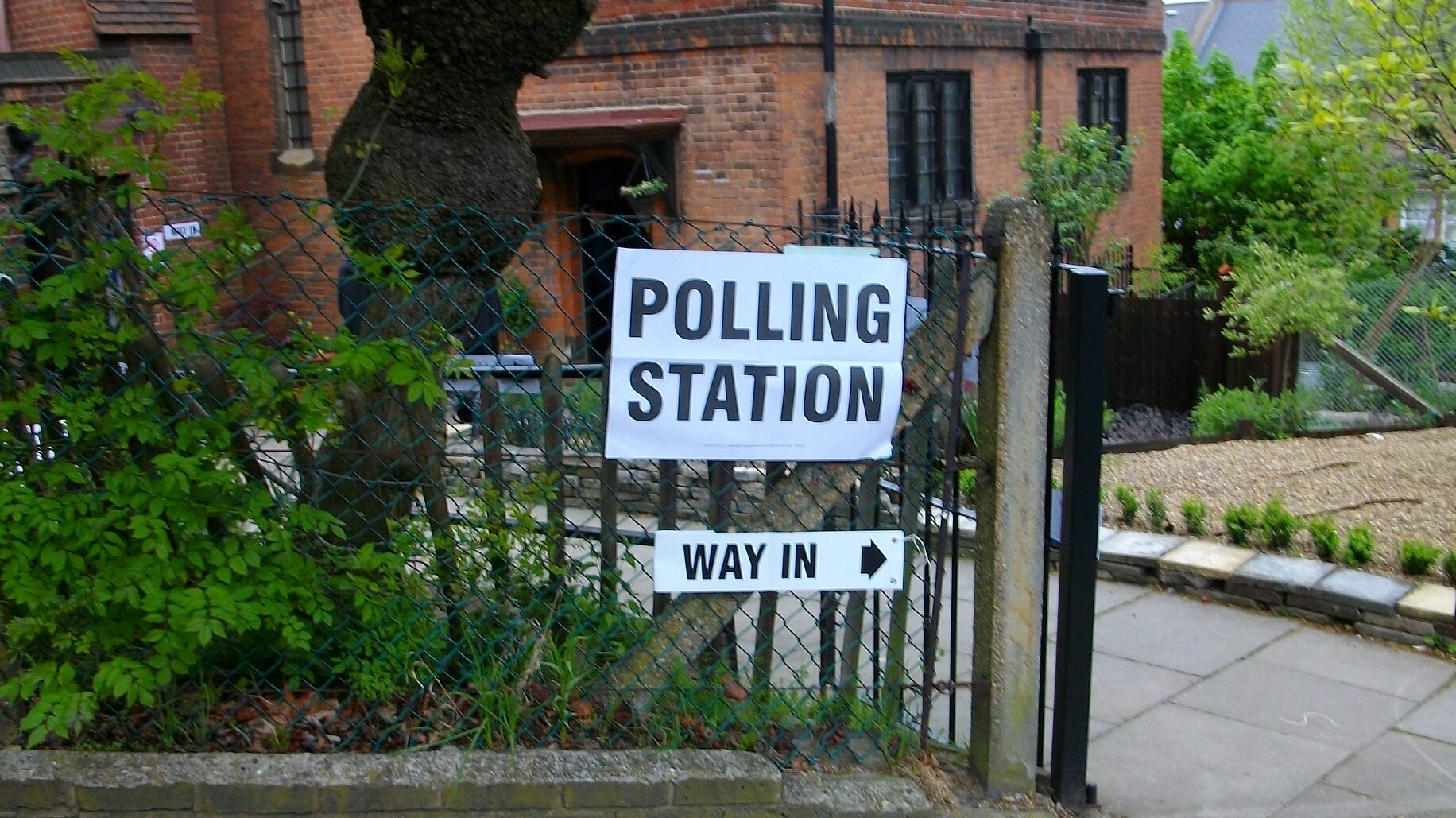“We have quite large groups of people who simply aren’t going to be able to vote,” she said.
“In many countries, when you move to a new area, and you’re paying council tax, you’re automatically put on the voting register. A lot of people actually think that happens here. But you have to register separately, and people – particularly people who move around a lot, like renters – can get caught out.”
According to separate ERS analysis, more than a fifth of voters in the worst-impacted constituencies – Cities of London and Westminster, Liverpool Riverside, and Leeds Central and Headingley – are “missing” from the electoral roll.
Such huge gaps are unacceptable, said Garland. And new voter ID requirements will make things worse.
Under rules introduced last year, voters across the UK are required to show photographic identification before being given their ballot paper. Voter ID was already an established part of elections in Northern Ireland.
The changes were intended to crack down on voter impersonation, the government has claimed. But there were just 33 allegations at the 2019 election – equivalent to 0.000057% of votes. Just two individuals were ultimately cautioned by police.
Advertising helps fund Big Issue’s mission to end poverty
“Fraud is absolutely minimal,” says Garland. “We’ve always said that the voter ID scheme is a ‘solution looking for a problem.’ It does more damage than good.”
Shaun Roberts, director of campaigns for Unlock Democracy, echoed this concern.
“There are many potential threats to our elections – AI, the influence of dark money, disinformation – these could all cause genuine damage,” he said.
“Voter fraud is not one of these threats. Voter ID is simply a barrier in front of a core democratic right.”
At least 14,000 people were turned away from polling stations at local elections in May 2023 – the first where the rules were implemented – because they lacked ID. But this is a “gross underestimate,” Roberts said.
“That only includes people that got to the polling station, went in, got to the front, and then were told ‘you can’t vote if you haven’t got the ID,’” he said.
Advertising helps fund Big Issue’s mission to end poverty
Among people who did not vote in May, some 4% said this was because they lacked the required ID, an Electoral Commission report found – potentially “hundreds of thousands of voters,” Roberts warned.
Some groups were disproportionately impacted: the number of non-voters who blamed a lack of ID rose to 8% for those who were unemployed and 9% for people with a significant disability.
“When you come back to the groups who are excluded – they are the groups who are most let down and ignored by those in power,” said Roberts. “It’s really corrosive… democracy is stronger when more people take part in it.”
The ERS and Unlock Democracy are calling for an automatic voter registration system, and for voter ID requirements to be removed. At the very least, Garland says, the list of acceptable ID should be expanded, and there should be an option to verify your identity on polling day without ID.
“Free and fair elections are the cornerstone of democracy. If unnecessary barriers are put up to people voting, then the risk is that that undermines the result,” she said. “I think that’s really, really dangerous.”









